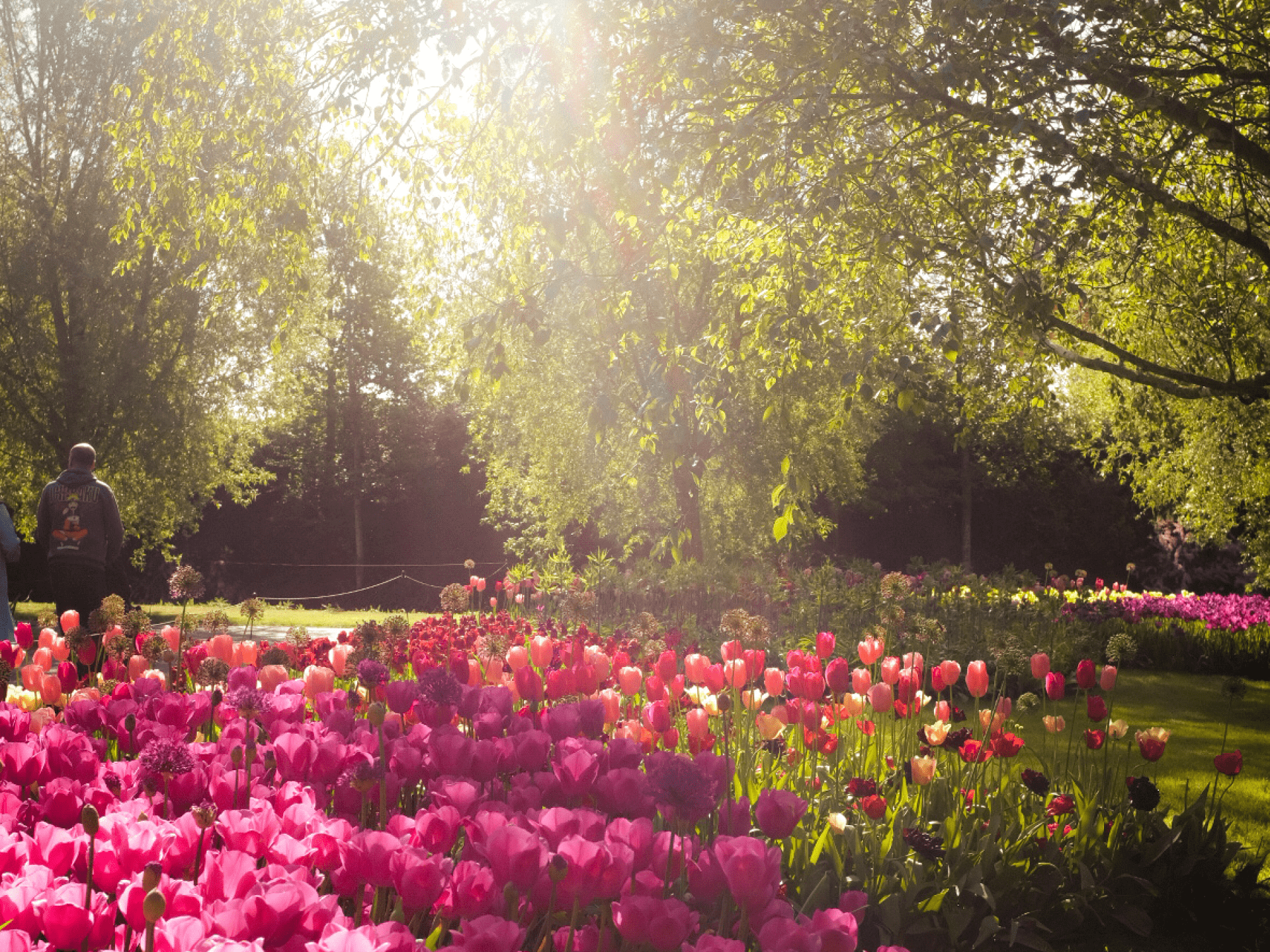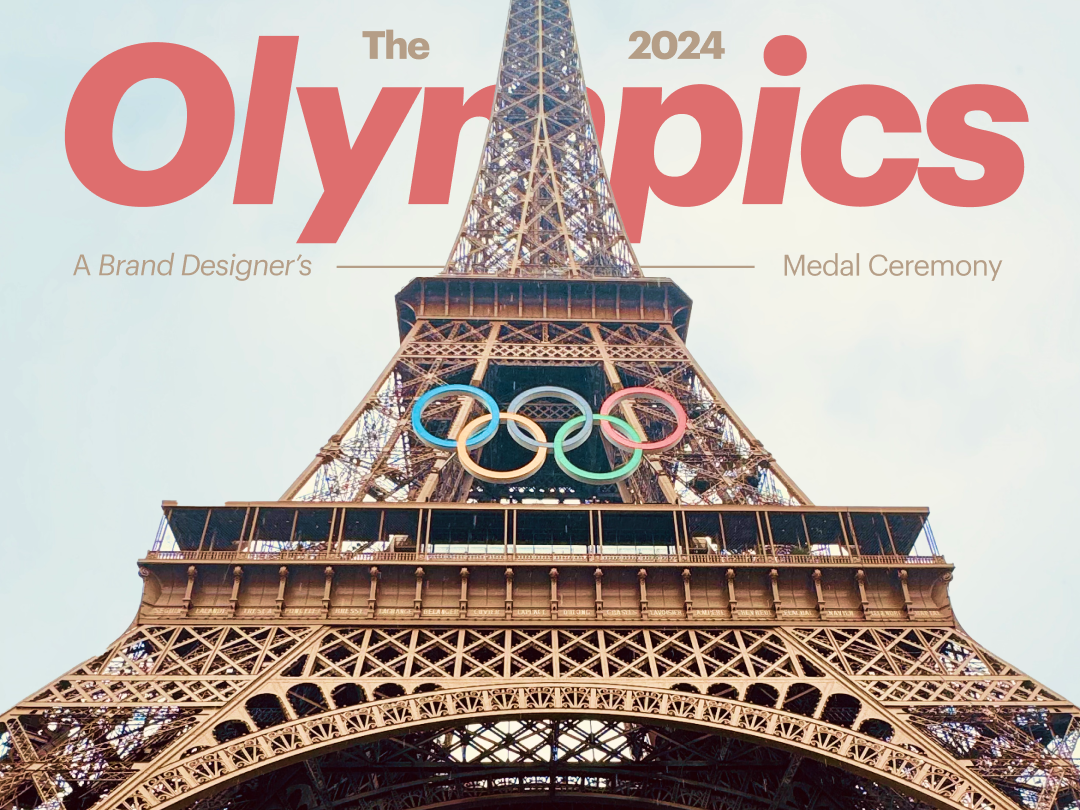Non-Billable Hours
May 21, 2025
We know how hard reading can be for some creative minds, so we've got this version for you, made with NotebookLM. Just hit play!
“Follow your passions.”
Has anyone ever given you the advice to translate your passions into your career? It’s advice that might be less common now following a generation that’s embraced the mindset of working to live rather than living to work. Yet, there are still plenty of us, Gen Z included, who would love to turn our passions into our life’s work. It may not always pan out, but when it does, it can be an extraordinary pursuit.
But for many creatives, our passion revolves around a medium. A medium that started as a hobby and became something more. How many of us continue to create in that medium outside of work after it’s become our career? The answer might be many. It might be a select few. I’m really not sure, but I can say for certain that it’s not me. Quite frankly, I don’t want to do more design work, even for fun, after sitting at my desk for eight hours doing design work.
That leaves one in a tricky spot. Your passion turned into your career, and now you don’t want to do your passion for fun. I guess we’ll all just stop being creative outside of working hours….jk it doesn’t work like that. A creative wants to create, and they’re going to do it to their detriment or not. So, pick up a secondary creative hobby to do outside of work, BUT make it selfish. Create off the job for your fulfillment alone. That means do not attach monetary pressure to your secondary creative hobbies.
Every person at a small studio has creative hobbies that are outside the sphere of design: photography, tufting, stained glass, and illustration. When you constantly put pressure on your passion to support your financial needs, it can become something you resent rather than an unbridled creative outlet. Something that was once intrinsically fulfilling has become an economic necessity. That’s no way to fuel yourself.
When you constantly put pressure on your passion to support your financial needs, it can become something you resent rather than an unbridled creative outlet.
I can’t stress how nourishing having a hobby like photography outside of my daily design-oriented career has been. I can do it whenever I want, as much as I want, and take it as seriously or easily as I choose. I feel like I have the freedom to experiment and play as much as I want. I’m not working towards any direction given by a client or working to create anything within a given set of standards. I can only describe these types of creative hobbies as an exhale after sucking in air for long periods of time.
I recently got back from a trip to The Netherlands. These moments of travel are always my favorites for exercising complete creative freedom. Sometimes I have my camera out all day. Sometimes I have it out for five minutes. The only thing that matters is what I want to do in that moment. That’s often the things that can feel the most rejuvenating— not just the photography but the choice of participating in the act.
That’s often the things that can feel the most rejuvenating— not just the photography but the choice of participating in the act.
It’s hard these days to escape the pressure of making every passion “worth something.” But value isn’t always measured in income. If you’ve turned your creativity into a career, be proud of it. But don’t forget to nurture the parts of your creativity that exist outside of deadlines and deliverables. At a small studio, we’ve built careers from our craft, but we’ve also learned to protect the spaces where creativity exists purely for joy. That kind of worth—the kind that fills you up instead of draining you—is just as important.


